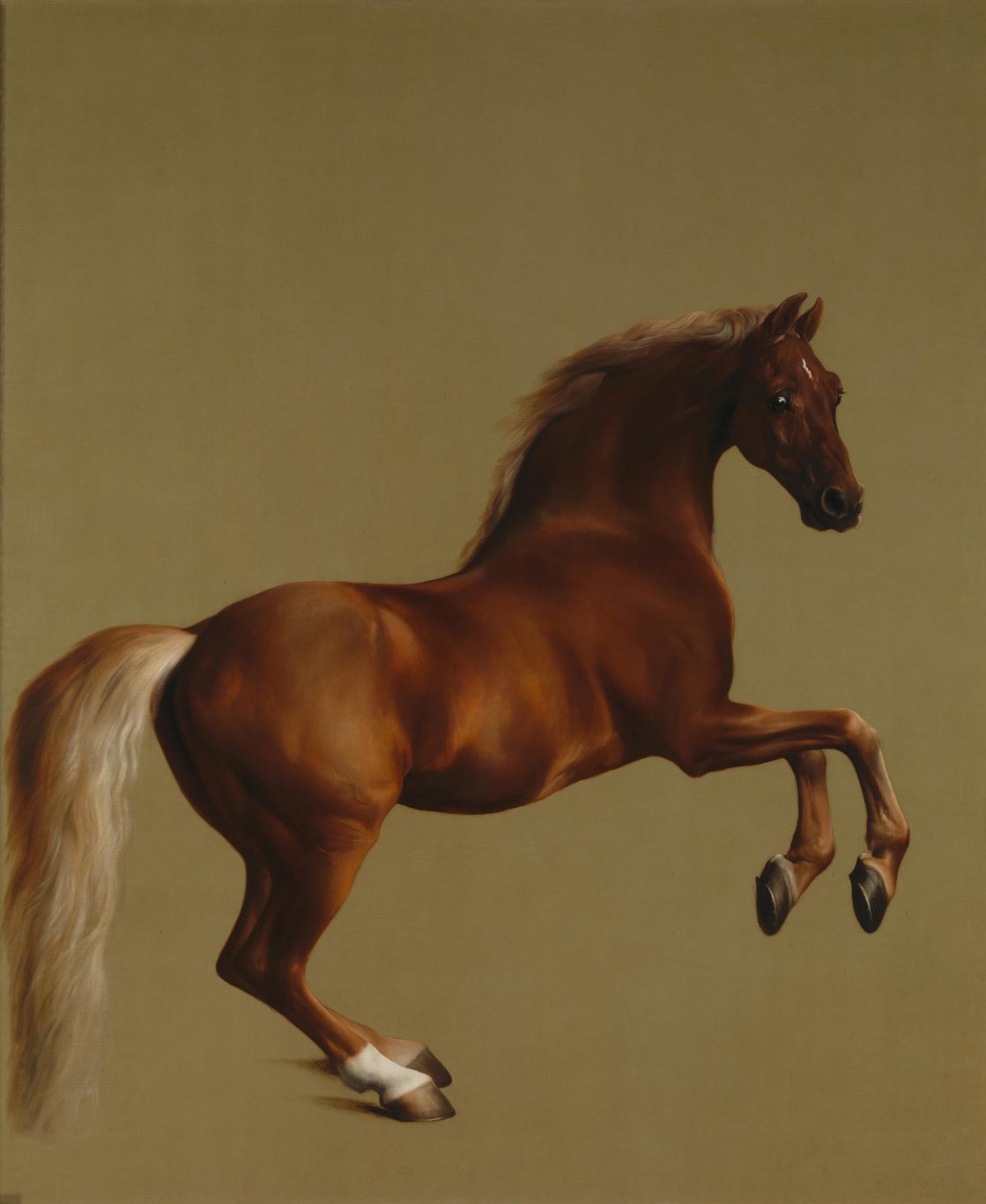An excerpt from “An Immigrant Woman,” by Anne Winters
Slip-pilings on the Brooklyn littoral
—the poles still tarry, flimsy; the ferry terminus
with its walledup doors wan doorshapes
on eroded sills. Downstream, the strutwork
of the Williamsburg cable tower
threw its cool shadow half a mile inland
over tarpaper seams, gantried water butts
and splintery tenement cornices milled
with acanthus and classical grasses
of nineteenth-century dream-slum fantasy.
We could see, from our rooftops, the endspan
float its ant-threads of traffic
to the granite salients of the anchorage,
and through its strands on the west
the Financial District’s watery silhouettes.
But it was our own foundations, crumbling
in the sandy soil, that made us protest
the drill rigs sounding for a wider bridge ramp
to funnel the airport traffic over us
into Manhattan. “Construction tremors
will weaken our buildings”: from the over-roosted
tenements clinging near the anchorage
flew manuscript lists of signatures, block-groups’
painfully Englished petitions. But City Hall
adoze, sleep-feeding, just flooded us…
“An Immigrant Woman” originally appeared in its entirety in the print version of At Length, which no longer exists. To read the whole poem, check out Anne Winters’ The Displaced of Capital, winter of the Walt Whitman Award and the Lenore Marshall Poetry Prize. To make sure you don’t miss future poems from At Length, please sign up for our RSS feed or email list.



